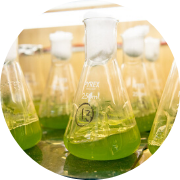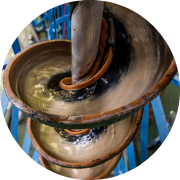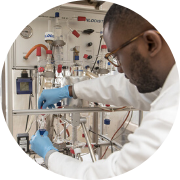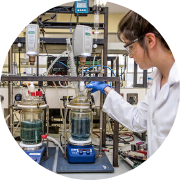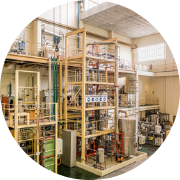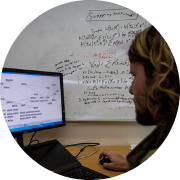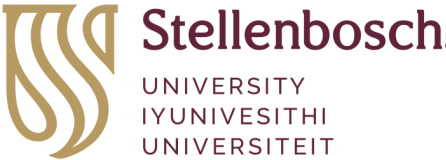Separations Technology
Traditional separation processes like distillation have been used for centuries, yet the underlying fundamentals of these processes are often not fully understood. The Separations Technology research group focuses on understanding the core principles of thermal separation processes and exploring alternative methods and technologies for separating hydrocarbon mixtures.
The group’s research encompasses traditional separation techniques, such as distillation, absorption, adsorption, and liquid-liquid extraction, as well as advanced processes like membrane separation and supercritical fluid fractionation. A key area of focus is the separation of compounds in systems that may exhibit azeotropy and association due to hydrogen bonding, involving molecules with varying polarity and asymmetrical structures. The aim is to understand how molecular structure influences macroscopic behaviour. Additionally, the group works on characterising separation column internals based on hydrodynamic and mass transfer behaviour, covering absorption, adsorption, distillation, and supercritical fractionation applications.
Our main research thrusts are:
Our state-of-the art setups include:
Our modern analytical equipment include:
Researchers
The researchers listed below are part of the Separations Technology group. Click the link to their individual profiles to learn more about their research interests and activities.
Senior Lecturer | Thermodynamic modelling, thermophysical property measurement & machine learning













